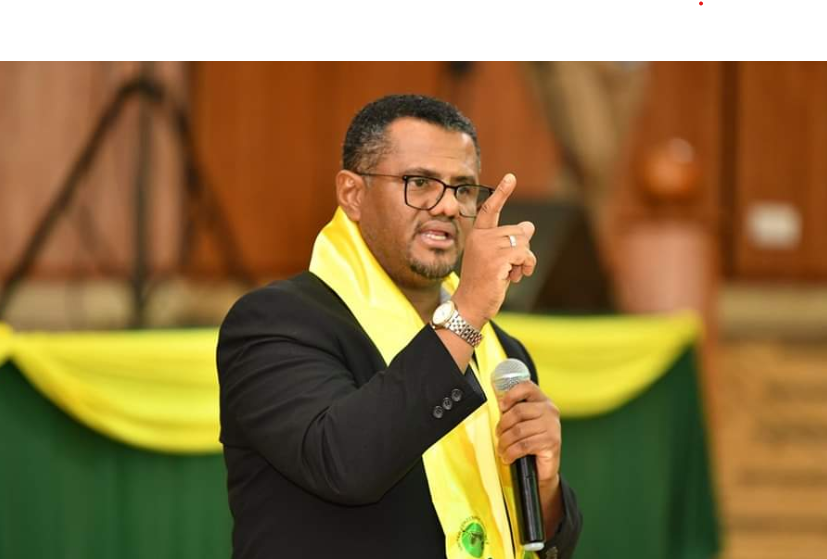Public debt audit has become too politicized

There is general agreement that a comprehensive audit of Kenya’s public debt is crucial and urgent.
Kenya’s debt is now the single biggest source of economic turmoil. The country is so heavily indebted, wiping out room to finance development. Strangely, despite the clamour for a forensic audit over the years, nothing has ever happened.
Why? The government, rattled by the Gen Z protests in June 2024, responded by rolling out a raft of measures to address the long-standing issues that were seen as underpinning those protests.
The Presidential task force to undertake a forensic audit of Kenya’s odious debt was among these initiatives.
The high-powered task force was chaired by an economist, Nancy Onyango, and deputised by Prof Luis Franceschi. Members included Philip Kaikai, chairman of ICPAK, Faith Odhiambo, President of LSK, Shammah Kiteme, president of IEK, and Vincent Kimosop. Its joint secretaries were Dr Abraham Rugo, and Dr Aaron Thegeya.
The team was given three months from its date of establishment in July 2024. By now, Kenya could be having a comprehensive picture of its debt situation, and an informed discourse could now be taking place about this vexed issue. Instead, the limbo continues with no end in sight! Barely had the ink dried on the signature forming the task force than the courts suspended it.
A court case challenged the task force as “unconstitutional”. The case is still bogged down in Kenya’s notorious court system. And even in the highly unlikely scenario that courts allow it to continue, it’s dead in the water.
The momentum of the moment, a critical ingredient in driving politically unpalatable reforms, was lost. The naysayers insist that the audit is the auditor general’s mandate.
This is quite dishonest. First, there is no reason the auditor general over the years has never taken up this task despite the clamour for it. Second, the truth is the auditor general is simply overwhelmed. That office has a massive mandate overseeing accounts of the national government and 47 county governments. It has zero bandwidth for a major exercise like this audit.
Its reports are hopelessly behind schedule due to a lack of capacity. Third, due to high public sensitivity, the audit report requires a credibility that no government body can afford it, however well-meaning.
The independence of the task force was crucial to this task. Worse, this “unconstitutional” argument is not just self-serving but selective. Several presidential and government task forces are now in full bloom. For example, there is the presidential task force to address gender-based violence.
That’s not unconstitutional? Task forces play a critical role in cutting through the bureaucracy, working to defined deadlines, smashing through entrenched political and administrative structures, enabling the government to tap the best possible knowledge and experience, burrowing long-hidden facts, and bringing new thinking and mindsets. And they are independent, thus not malleable to political manipulation.
It is the only way to tackle entrenched problems. The argument that task forces are a waste of public funds is simply playing to the gallery. This is money well spent.















